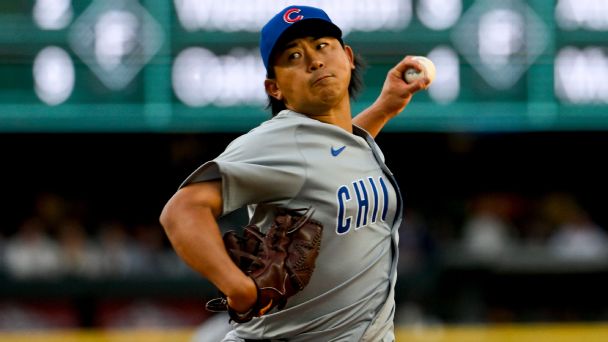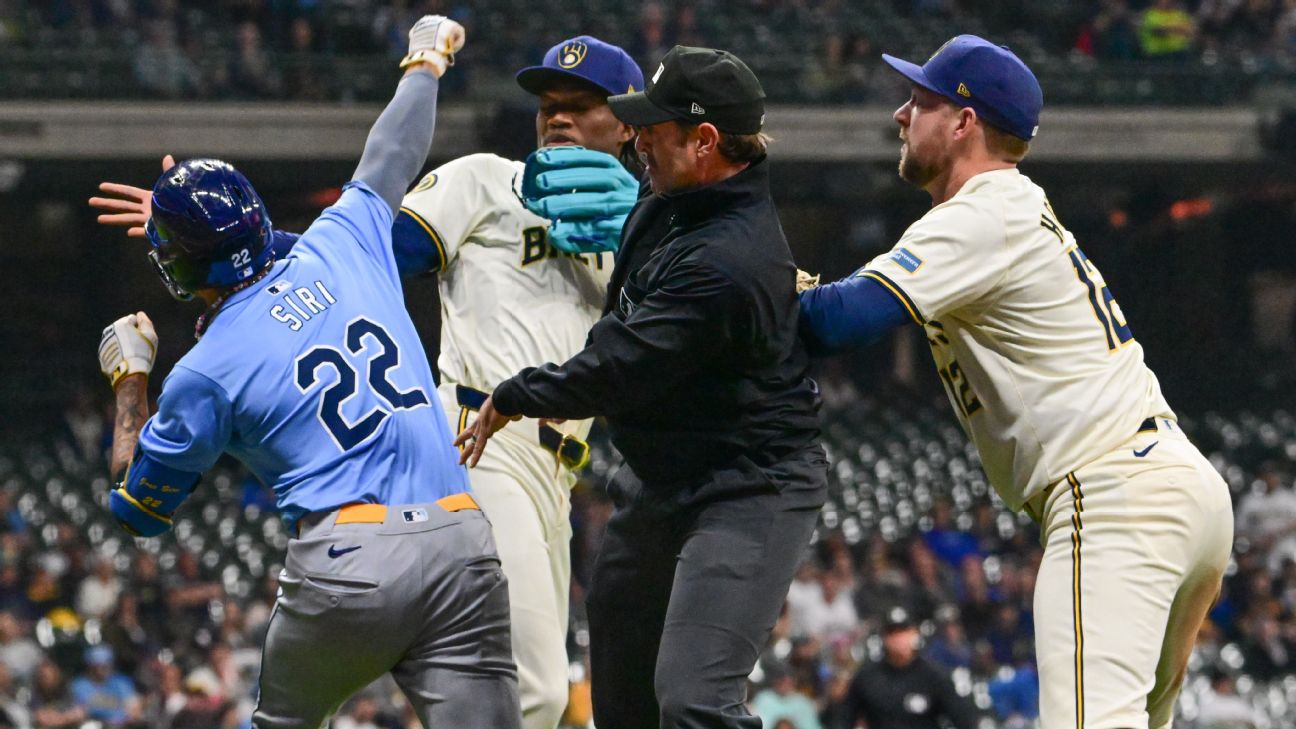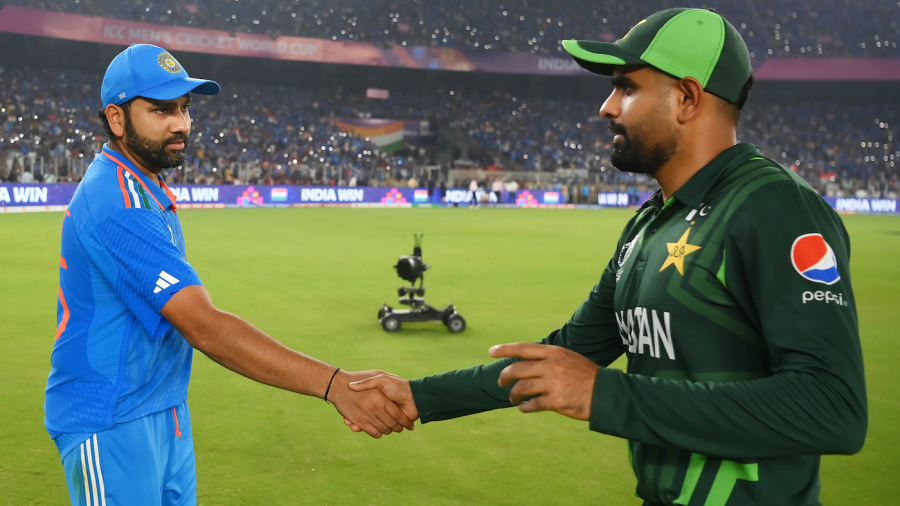![Paige Bueckers Geno Auriemma [1296x729]](https://a.espncdn.com/photo/2024/0418/r1320684_1296x729_16-9.jpg)
Scrivens 113 not out trumps Freeborn s 93 as Sunrisers cruise home
A potential one-and-done rule in women's college basketball could "ruin the game," according to UConn coach Geno Auriemma.
"It depends whether you want the game to grow or you want to kill it," Auriemma said Thursday during an interview on ESPN Radio's "UnSportsmanLike."
"If you want to kill it, then let the kids leave after freshman year," Auriemma said. "On the men's side, it's become transactional. Everybody's a free agent. Everybody's a mercenary. It's not the kids' fault. ... To me, what helped the women's game grow is the people in Iowa got to grow up with Caitlin Clark. The people of Connecticut got to grow up with all of my great players. There's something to be said for that."
Current WNBA rules stipulate that players are eligible to be selected in the WNBA draft upon graduating from college -- or being within three months of doing so -- or in the calendar year that they turn 22.
For example, 2021 national player of the year Paige Bueckers, UConn's latest superstar, could have declared for the 2023 WNBA draft, as she turned 22 in October 2023. After being sidelined all of 2022-23 with an ACL tear, Bueckers returned to Storrs this past season in All-America form, and she is coming back next season for her fourth year of college basketball (fifth year of school).
Most players end up staying four years in college, although there are some notable exceptions, including 2015 No. 1 pick Jewell Loyd from Notre Dame, 2019 No. 1 pick Jackie Young from Notre Dame and 2020 No. 2 pick Satou Sabally from Oregon.
Most recently, Megan Walker suited up for the Huskies for just three years, taking advantage of being age-eligible for the WNBA by opting to go pro after the 2019-20 season. Azura Stevens (a transfer from Duke) and Morgan Tuck (who redshirted her sophomore year due to injury) also left UConn despite having remaining college eligibility, but each had been in college four years.
Conversations about when college players should be allowed to go pro surface every so often in the women's game, including Bueckers' and Clark's freshman years and this season with USC's JuJu Watkins, the country's second-leading scorer, having such a spectacular freshman campaign.
Since taking the game by storm in the 2020-21 season, Bueckers and Clark have further solidified themselves as household names in the sport, helping catalyze the college game's surge in popularity.
With the NCAA now allowing players to profit off their name, image and likeness -- of which Clark, Bueckers and Watkins have all been huge beneficiaries -- college athletes no longer need to go pro to make money.
Eligibility rules are determined by the WNBA and WNBPA's collective bargaining agreement; the current CBA was signed in 2020 and runs through 2027, although there is a mutual opt-out clause that can be exercised by Nov. 1, 2024, that would terminate the agreement after the 2025 season.
"I don't know that our game can continue to move forward if all of a sudden our guys are gone," Auriemma said. "So I like the rule, and the players decided the rule. So if they change the rule, God bless 'em, but I think it'll ruin the game."













